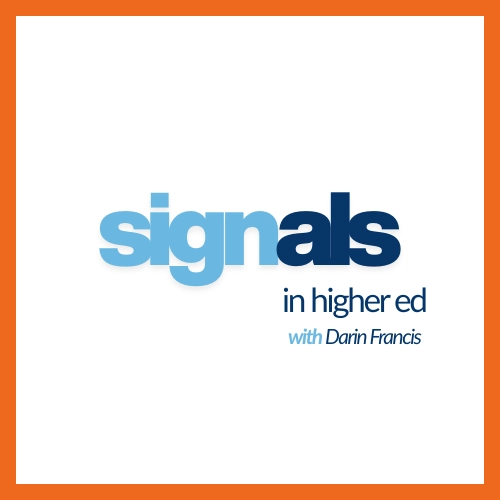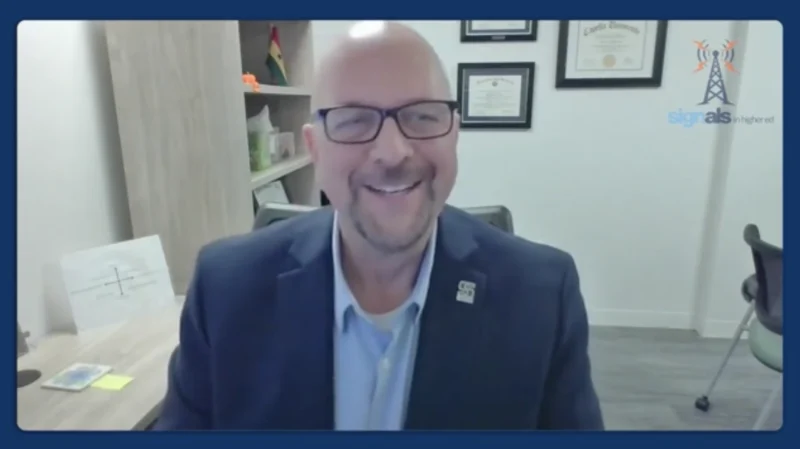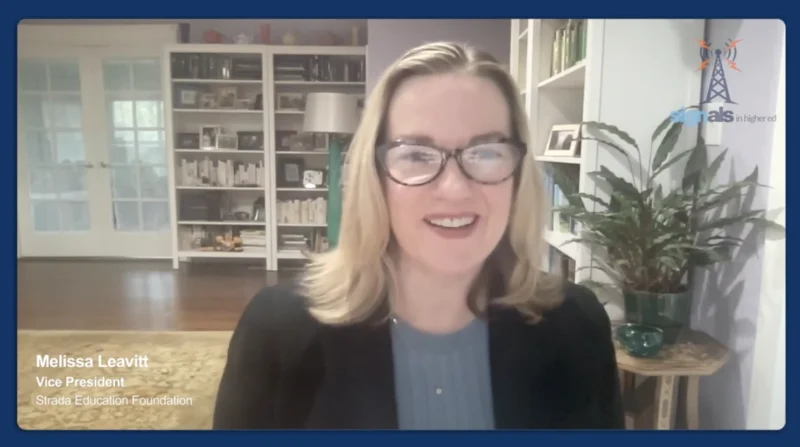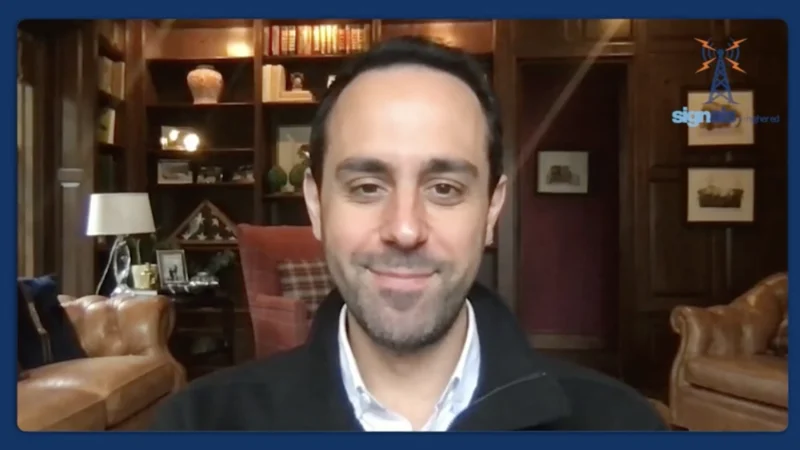The Job Dating Model: How Micro Internships Build Talent, Enable Smarter Hiring, and Boost Campus Impact
Experiential learning is surging in relevance. Employers are finding it harder than ever to evaluate early-career talent, while students are graduating into a labor market where more than half—about 52%—end up in roles that don’t require their degree. That disconnect is prompting colleges to reimagine how they equip students for meaningful career entry. Meanwhile, the rapid expansion of project-based gig platforms is redefining what it means to gain, showcase, and assess real-world skills. Together, these shifts surface a critical question: how do we build a more seamless and equitable bridge from the classroom to the workplace?
So here’s the big question at the heart of this conversation: Can low-stakes, project-based “job dating” help students build skills, help employers reduce hiring risk, and help colleges strengthen student success—all at once?
Welcome to signals in higher ed. In the latest episode, host Darin Francis sits down with Jeffrey Moss, founder and CEO of Parker Dewey, the pioneer of micro internships. Together, they trace the origins of the “job dating” model, explore how micro internships serve students, employers, and colleges simultaneously, and unpack why this low-lift approach to experiential learning is gaining momentum across the country.
Top insights…
- Micro internships reduce hiring risk for employers by offering short, skill-based projects that reveal durable skills—communication, problem-solving, attention to detail—often more accurately than resumes or GPAs.
- Students tap into real-world experience earlier and more equitably, using micro internships as catalysts for career exploration, confidence-building, and meaningful engagement with institutional resources.
- Institutions gain real-time, actionable data that strengthens student support, employer engagement, alumni relations, and even recruitment and retention strategies.
Jeffrey Moss is the founder and CEO of Parker Dewey, where he leads innovation in experiential recruiting and skills-based hiring through the creation of the micro-internship model. He brings extensive experience from senior roles in education-focused organizations like ETS and SESI, along with a successful career in venture capital investing in technology-enabled education, software, and business services companies. Moss also serves on multiple advisory boards in higher education and has a long history of supporting organizations that improve educational access and outcomes.
Article written by MarketScale.




